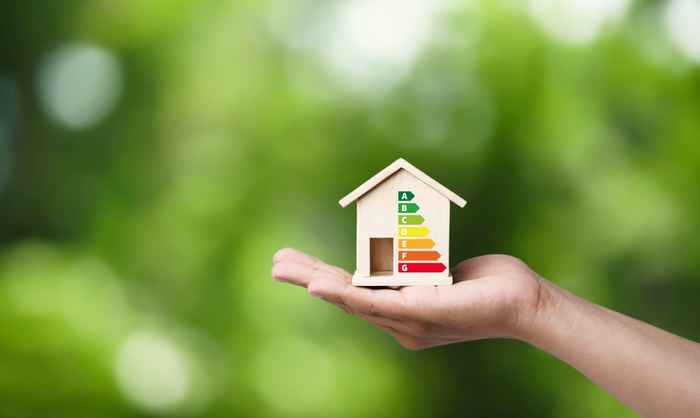Sustainability subsidies mainly benefit higher-income households
2 April 2025

In the Netherlands, subsidies aimed at making homes more energy efficient mainly end up with people in higher income brackets. Ironically, households with lower incomes - who would benefit most from lower energy bills - receive subsidies far less often.
Key Findings
- Households with high incomes (more than €55,000) are nearly twice as likely to receive subsidies compared to households with low incomes (less than €25,000).
- Most CO₂ reduction is achieved by wealthier households, since these households have a larger carbon footprint.
- Lower-income households gain the most financially from energy-saving measures, but often lack the funds to invest.
- Policy often focuses on the sustainability of the current home. However, many households achieve sustainability by moving to a sustainable home, rather than by making their current home more sustainable.
How Was the Research Conducted?
The researchers used data from the 2018/2021 edition of the Dutch Housing Demand Survey, in which households answered questions about their homes and energy use. They also used income and wealth data from CBS and energy usage data from utility providers.
Using regression analysis, the study examined which factors influence sustainable home improvements. Specifically, it looked at:
- Whether households invested in energy-saving measures over the past five years (such as insulation or solar panels)
- Whether they live in energy-efficient homes (label A or B)
- Income, housing type, education level and household composition

A fair energy transition requires tailored policies—because those with the least to spend often have the most to gain.Martijn Dröes
What Needs to Change?
According to the researchers, current subsidies mostly serve as an ‘extra incentive’ for those who would likely invest in sustainability anyway. To make a real impact, they propose making subsidies income-dependent, so lower-income households have better access. Other recommendations include offering low-interest loans for households that can't afford to invest themselves and providing clearer information about the financial benefits of sustainable measures. Finally, the researchers noted that it is useful to encourage the move to sustainable homes, for example by replacing or renovating outdated homes when a move occurs.
Publication details
Read the paper for more details: Home Improvement, Wealth Inequality, and the Energy-Efficiency Paradox. Authors: Martijn Dröes and Yasmine van Straten.